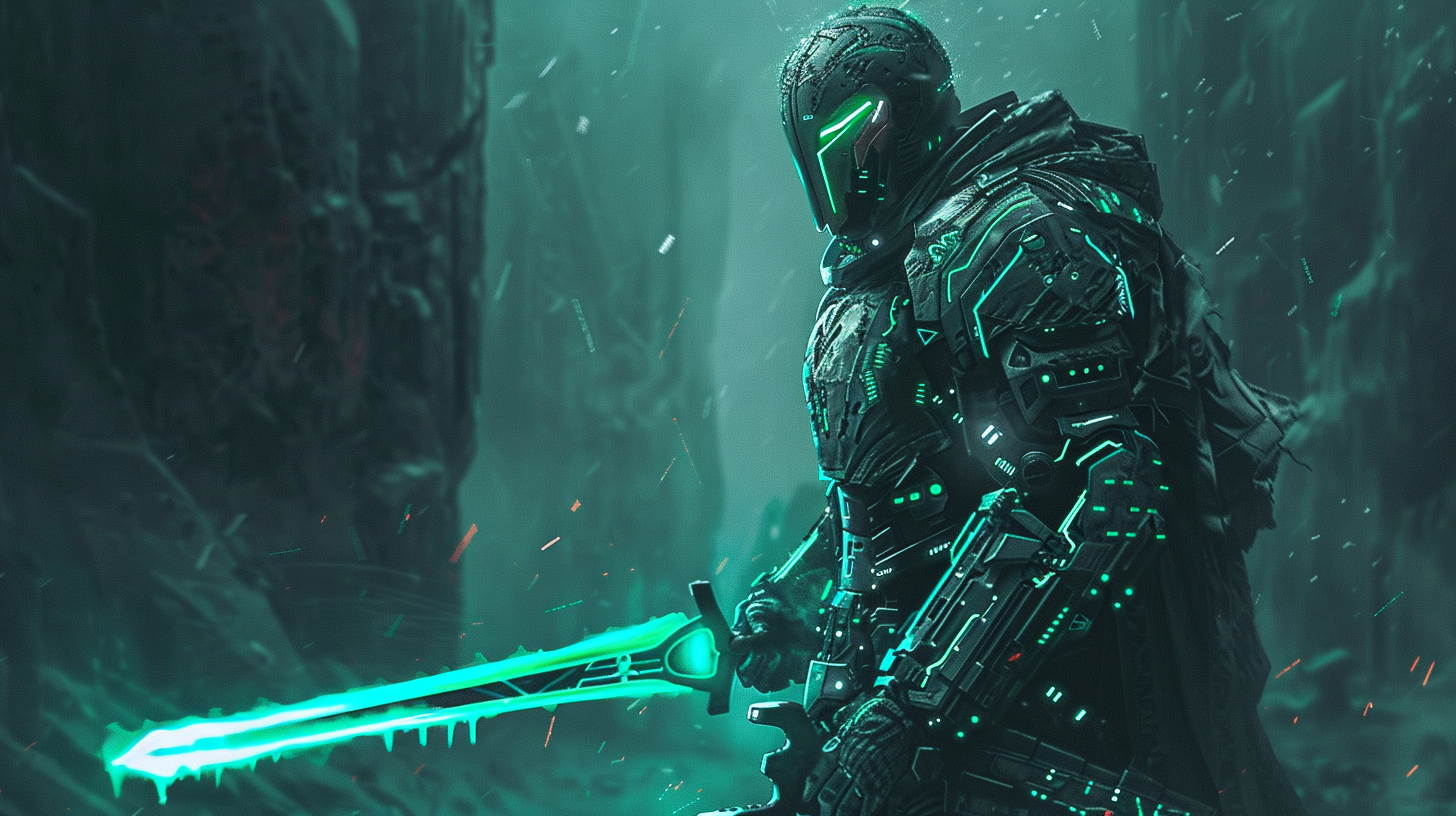In an industry constantly chasing the next big innovation, there’s a growing trend that looks firmly to the past: remakes and remasters. Far more than simple cash grabs, these reimagined classics are not only introducing beloved titles to new generations but also reshaping how we perceive gaming history, offering a unique blend of nostalgia and cutting-edge technology. This article delves into the phenomenon of retro reimagining and its multifaceted impact on the gaming landscape.
Defining the Terms: Remake vs. Remaster
While often used interchangeably, there’s a crucial distinction:
- Remaster: Primarily involves updating a game’s visuals (higher resolution, improved textures, sometimes modern lighting) and audio, often with minor quality-of-life improvements. The core gameplay, engine, and assets generally remain the same. Think The Last of Us Remastered or Halo: The Master Chief Collection.
- Remake: Rebuilds the game from the ground up, often on a new engine, with entirely new assets, updated gameplay mechanics, and sometimes expanded story elements. While the core plot and characters remain, the experience can feel significantly different. Examples include Final Fantasy VII Remake, Resident Evil 2 Remake, or Dead Space (2023).
Why the Resurgence? The Allure of the Past
Several factors contribute to the boom in remakes and remasters:
- Nostalgia and Fan Demand: A vast market of older gamers longs to revisit cherished memories with modern fidelity, while also introducing their favorite titles to new audiences. This built-in fan base reduces marketing risk for publishers.
- Preservation and Accessibility: Many classic games are difficult to play on modern hardware due to compatibility issues, outdated controls, or simply being trapped on defunct platforms. Remakes and remasters serve as crucial acts of preservation, making these historical works accessible to a wider audience.
- Capitalizing on Established IP: Reusing established intellectual property (IP) is less risky than creating entirely new franchises. Developers can leverage existing lore, characters, and fan recognition.
- Technological Advancements: Modern game engines (like Unreal Engine 5) allow developers to bring visions that were impossible decades ago to life with stunning realism, fulfilling the original creators’ ambitious intentions.
- Addressing Past Limitations: Remakes can fix technical issues, improve clunky controls, update outdated dialogue, or even expand on underdeveloped narrative threads from the original.
Impact on Gaming History and Artistic Direction
The trend of retro reimagining has profound implications:
- Recontextualizing Classics: Newer generations experience these games not through the lens of their original technological limitations but as contemporary titles. This can alter their perception of a game’s impact or revolutionary qualities.
- Artistic Interpretation: Remakes, in particular, involve significant artistic interpretation. Developers must decide which elements to preserve faithfully and which to update or expand upon. This can lead to debates among fans about whether the new vision truly honors the original.
- Setting New Benchmarks: Successful remakes like Resident Evil 2 demonstrate how to modernize a classic without losing its essence, setting new standards for quality in the genre.
- Bridging Generational Gaps: Parents can share “their” games with their children, but with a visual and mechanical polish that appeals to contemporary tastes, fostering intergenerational appreciation for gaming.
- Highlighting Enduring Design: When a classic game still feels fun and engaging after a modern remake, it’s a testament to the timeless quality of its original design principles, beyond just its graphics.
Challenges and Criticisms
Despite the benefits, remakes and remasters face scrutiny:
- “Is it necessary?”: Some remasters are seen as minimal efforts, doing little more than increasing resolution.
- Deviating Too Far: Remakes that drastically alter gameplay or story elements can alienate long-time fans who cherished the original experience.
- “Cash Grab” Perception: Without clear value added, some remakes are perceived purely as attempts to exploit nostalgia for profit.
- The “Original” Experience: A remake, no matter how good, can never fully replicate the context and experience of playing the original game at its release.
In conclusion, remakes and remasters are more than just a trend; they are a significant force reshaping gaming history. They serve as bridges between generations, acts of preservation, and ambitious reinterpretations of classic art. While they face challenges, their continued popularity underscores the enduring appeal of great game design and the powerful grip of nostalgia, proving that the past continues to be a vibrant and fertile ground for the future of interactive entertainment.

Leave a Reply